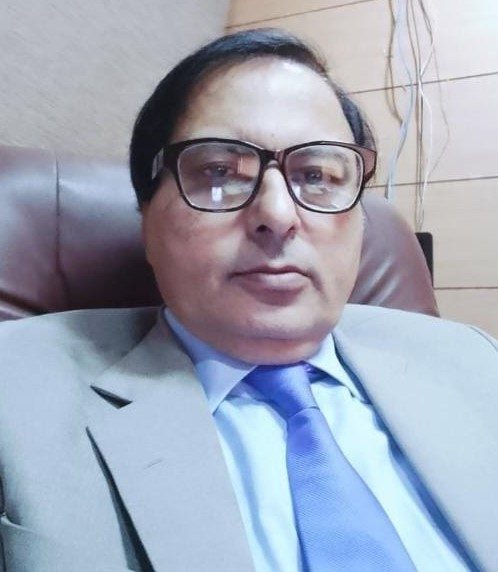
By Majid Maqsood
Chief Minister Syed Murad Ali Shah’s frequent post-budget media briefings often feature a recurring statement regarding the education budget: “My job is to allocate the funds; it’s up to you to make them work.” While the annual 10 to 15 percent increase in the education budget is laudable, the core issue remains whether these funds are effectively utilized. The reality on the ground reveals a severe disconnect between budget allocations and the tangible improvements in Sindh’s education sector.
The plight of Sindh’s education system is stark: over 7 million children are out of school, and those who are enrolled grapple with inadequate resources and poor infrastructure. The Sindh Education Foundation (SEF), tasked with addressing these issues, is a case in point. Although the SEF has been given a significant mandate to enroll 300,000 out-of-school children, its performance is far from satisfactory. Currently, 1 million children are enrolled across 2,734 SEF schools. Yet, the quality of education remains dismal, with 95 percent of these schools failing to deliver effective teaching. Despite receiving full subsidies, SEF schools do not adhere to the government’s salary mandates. Teachers are supposed to have Master’s degrees and receive a minimum salary of Rs 37,000, but in reality, they are often hired without proper qualifications and paid between Rs 10,000 to Rs 12,000. The delayed release of funds exacerbates this issue, with teachers receiving their salaries three months late, which undoubtedly impacts their motivation and performance.
The problem extends beyond financial mismanagement to a lack of effective oversight. Classroom sizes in many SEF schools exceed 50 students, far surpassing the manageable number of 30 students per teacher. Furthermore, the SEF’s initial project, PPRS, suffered from the ill-fated decision to implement the Oxford syllabus in remote areas, where teachers were ill-equipped to teach it. Now, 12 years later, the Sindh Textbook Board’s syllabus is taught, but many students still lack complete books, highlighting persistent systemic failures. Former SEF Managing Directors, such as Naheed Durrani and Qazi Kabir, were criticized for their ineffective management, yet the situation has only worsened. The SEF’s inability to address these issues suggests a need for significant reform rather than superficial changes.
The School Education and Literacy Department’s frequent enrollment campaigns, while well-intentioned, are plagued by inefficiencies. Data on actual enrollments remain unpublished, and campaigns are often poorly timed, disrupting students’ learning and further undermining the system’s effectiveness. The focus seems more on expenditure than on achieving tangible results. In contrast, the proactive approach of Punjab’s Chief Minister Maryam Nawaz, who personally oversees educational projects and engages with donors, starkly contrasts with Sindh’s leadership. Chief Minister Murad Ali Shah’s apparent detachment from the education sector is troubling. His delegation of responsibilities to Education Minister Sardar Shah has proven ineffective, with Shah’s attempts to delegate school management to MPAs further complicating matters.
The state of Sindh’s schools is deplorable, with 80 percent lacking basic facilities such as drinking water, electricity, and washrooms. The extreme heat this year forced an additional 15 days of vacation due to the lack of fans, risking heatstroke among students. Textbook shortages are a recurring issue, and the frequent misallocation of funds for furniture and repairs, which often end up in the pockets of contractors, exacerbates the crisis. It is high time for Chief Minister Murad Ali Shah to take a more hands-on approach. A personal visit to schools, particularly those in remote areas, and a thorough review of data are essential to understanding the true state of Sindh’s education system. The Chief Minister must move beyond ceremonial visits to address the underlying issues that perpetuate the crisis. Only through such decisive action can we hope to see meaningful improvements in Sindh’s education sector, ensuring that every child has access to quality education and a brighter future.
#SindhEducationCrisis, #CallForAccountability, #EducationReform, #MuradAliShah, #SindhEducation, #SEFChallenges, #QualityEducation, #EducationBudget, #EducationalReform, #SchoolInfrastructure, #ChildrenInSchool, #EducationCrisis, #SindhGovt,



